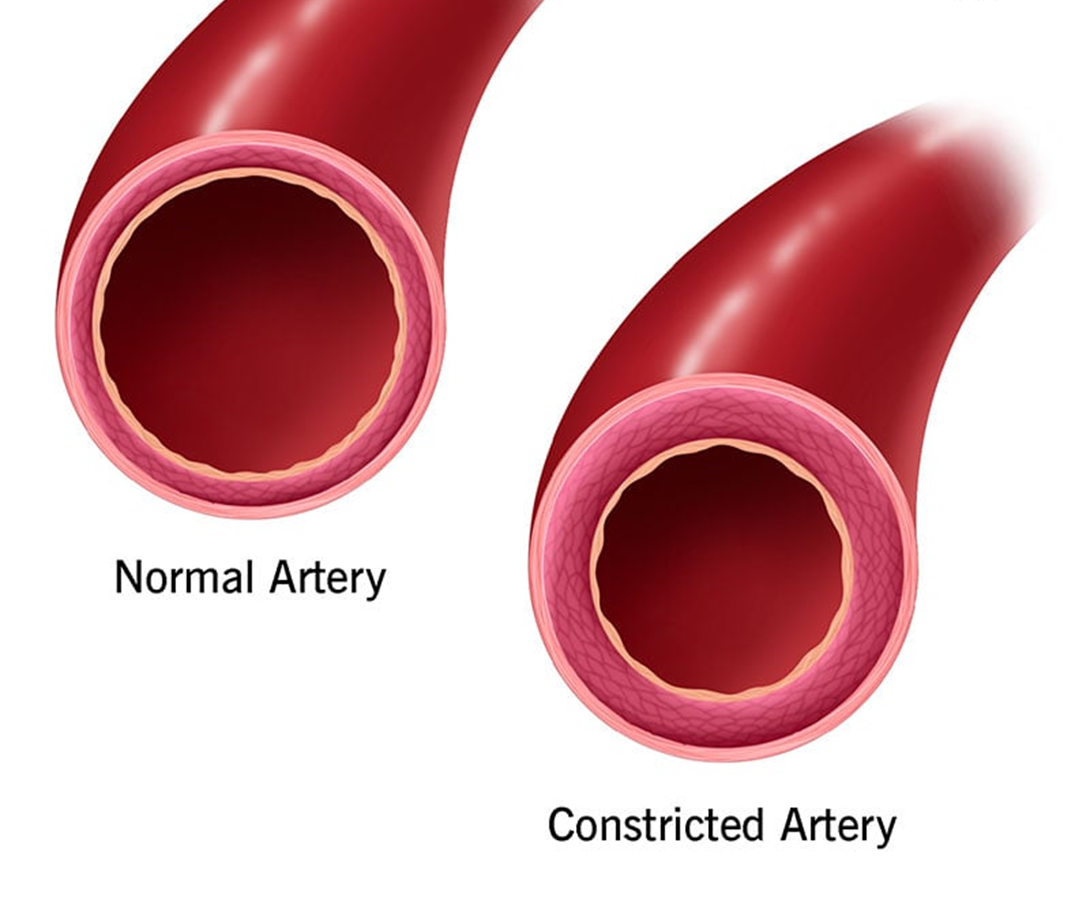A patient who is hypotensive is receiving dopamine, an adrenergic agonist IV at the rate of 6 mcg/kg/min. Which intervention should the nurse implement when administering this medication?
Implement seizure precautions.
Monitor serum potassium frequently.
Ensure pump accuracy to prevent toxicity.
Measure urinary output every hour.
The Correct Answer is C
Choice A reason: This is incorrect because seizure precautions are not indicated for dopamine administration. Dopamine does not lower the seizure threshold or cause convulsions.
Choice B reason: This is incorrect because monitoring serum potassium frequently is not necessary for dopamine administration. Dopamine does not affect potassium levels or cause hyperkalemia or hypokalemia.
Choice C reason: This is correct because ensuring pump accuracy to prevent toxicity is essential for dopamine administration. Dopamine is a potent vasoconstrictor that can cause tissue necrosis, gangrene, and hypertension if overdosed.

Choice D reason: This is incorrect because measuring urinary output every hour is not sufficient for dopamine administration. Dopamine can cause oliguria or anuria due to renal vasoconstriction and decreased renal perfusion. The nurse should monitor urine output continuously and report any decrease to the provider.
Nursing Test Bank
Naxlex Comprehensive Predictor Exams
Related Questions
Correct Answer is D
Explanation
Choice A reason: Instructing the client to increase his intake of oral fluids until the skin flushing is relieved is not an appropriate action for the nurse, as this does not address the cause of the flushing, which is vasodilation due to tadalafil. This is a distractor choice.
Choice B reason: Advising the client to place one nitroglycerin tablet under his tongue as a precaution is a dangerous action for the nurse, as this can cause severe hypotension and cardiovascular collapse due to the interaction between tadalafil and nitroglycerin. This is a contraindicated choice.
Choice C reason: Telling the client to have someone bring him to an emergency department immediately is an unnecessary action for the nurse, as there is no evidence of any serious adverse reaction or complication from tadalafil. This is an overreaction choice.
Choice D reason: Reassuring the client that skin flushing is a common side effect of the medication is an appropriate action for the nurse, as this can calm the client and educate him about the expected effects of tadalafil. Therefore, this is the correct choice.
Correct Answer is A
Explanation
Choice A reason: applying the client's positive airway pressure device can help prevent or reduce episodes of apnea and hypopnea during sleep by keeping the airway open and delivering oxygen. The nurse should ensure that the device fits properly and that the client knows how to use it.
Choice B reason: elevating the head of the bed to a 45 degree angle is not as effective as using a positive airway pressure device for a client with OSA. Elevating the head of the bed may help reduce snoring and improve breathing, but it may not prevent airway collapse or oxygen desaturation.
Choice C reason: removing dentures or other oral appliances is not as important as applying a positive airway pressure device for a client with OSA. Removing dentures or other oral appliances may help prevent choking or aspiration, but it may not prevent airway collapse or oxygen desaturation.
Choice D reason: lifting and locking the side rails in place is not as important as applying a positive airway pressure device for a client with OSA. Lifting and locking the side rails in place may help prevent falls or injuries, but it may not prevent airway collapse or oxygen desaturation.
Whether you are a student looking to ace your exams or a practicing nurse seeking to enhance your expertise , our nursing education contents will empower you with the confidence and competence to make a difference in the lives of patients and become a respected leader in the healthcare field.
Visit Naxlex, invest in your future and unlock endless possibilities with our unparalleled nursing education contents today
Report Wrong Answer on the Current Question
Do you disagree with the answer? If yes, what is your expected answer? Explain.
Kindly be descriptive with the issue you are facing.
